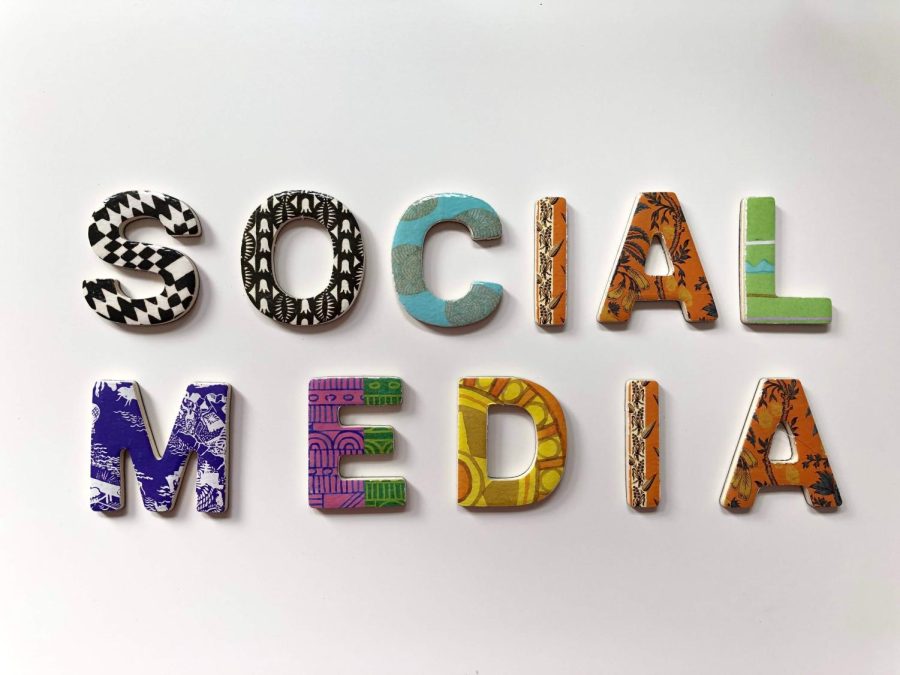Large brands disconnect from teens with meme marketing
UNSPLASH PHOTO COURTESY OF Merakist
Companies have attempted to connect with younger generations through “meme marketing.” https://unsplash.com/license
June 16, 2022
No matter how hard your life is, you will never have it as bad as a Hot Pocket. At least that is what the official Hot Pockets twitter account said on May 17th when they tweeted, “You think your life is hard? Try being stuffed with meat 24/7”.
This is part of a marketing strategy sometimes called “meme marketing” where brands post memes and other Gen Z-targeted content to increase interactions and even gain fans.
The first time this strategy saw major success was in early 2017 when Wendy’s took to Twitter to make fun of people and other fast food chains. According to trackalytics.com, Wendy’s gained 1 million followers on the platform, reaching an audience of 2.3 million. Marketing teams would follow this trend for years to come.
Companies have even put their own twist on things, ranging from original video content, new promotions or creating a national day to roast people on twitter. KFC took “meme marketing” one step further with their hour-long, free-to-play, and fully fledged dating simulator called “I Love You, Colonel Sanders!” Players go to a virtual culinary school where they can date one of nine original characters, including the mascot of KFC, Colonel Sanders. The game released in 2019 with major success, and as of May 2022 has 11,000 reviews on Steam with an overall “very positive” rating.
It hasn’t been all butterflies, rainbows, and roasts on Twitter, however. Gen Z humor isn’t always brand appropriate or easy to grasp. Because of this, some posts have been hit or miss. On March 5th, 2022, for example, esports organization TSM tweeted a meme suggesting that a character had committed suicide after one of their teams lost a match. Senior social media manager Duncan “Dunc” Cox apologized and said it was a mistake where they misinterpreted the meme and posted it to quickly capture attention. This shows the dangers of the intricacies and fast paced nature that comes with meme marketing.
This style of marketing has consumed the internet despite its flaws and backlash. Companies like Duolingo can be found commenting under viral posts, Arby’s makes suggestive replies in response to Netflix’s tweets and the Haas Formula One Team makes fun of their own drivers.
Meme marketing’s main focus is to use shock and humor to quickly capture attention. Sophomore Violet Longbons of Fairhaven spoke on how companies may miss the mark. “It’s good if it’s the right company. If it’s maybe you should be serious then it feels like a weird marketing thing. Then it doesn’t feel authentic.”
It seems that this trend will continue for several more years especially as more companies expand into making original content on sites like TikTok.





